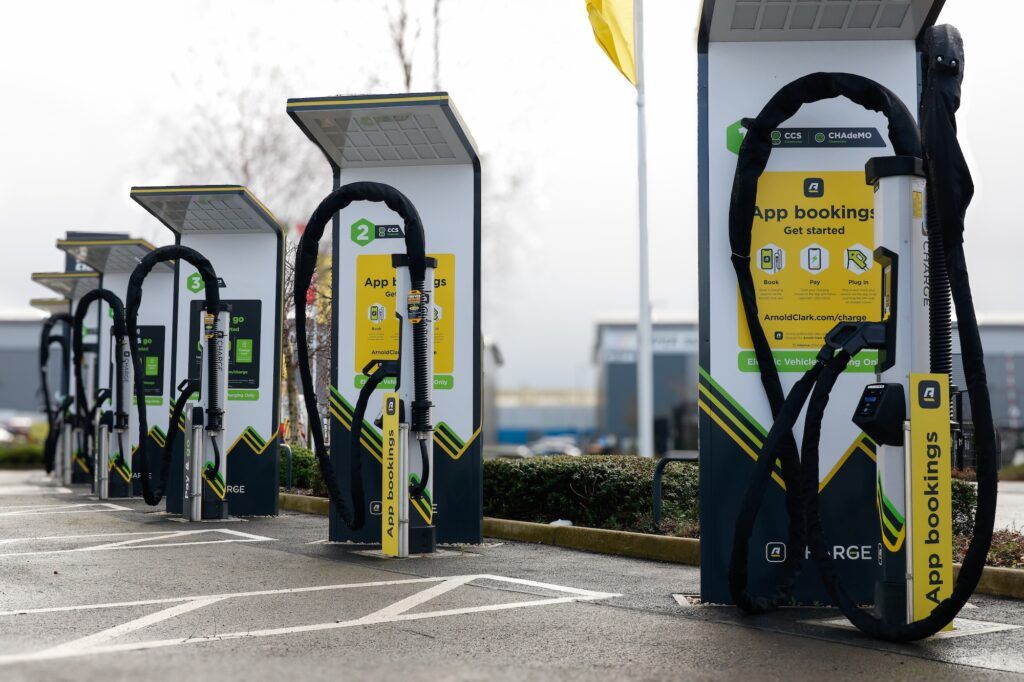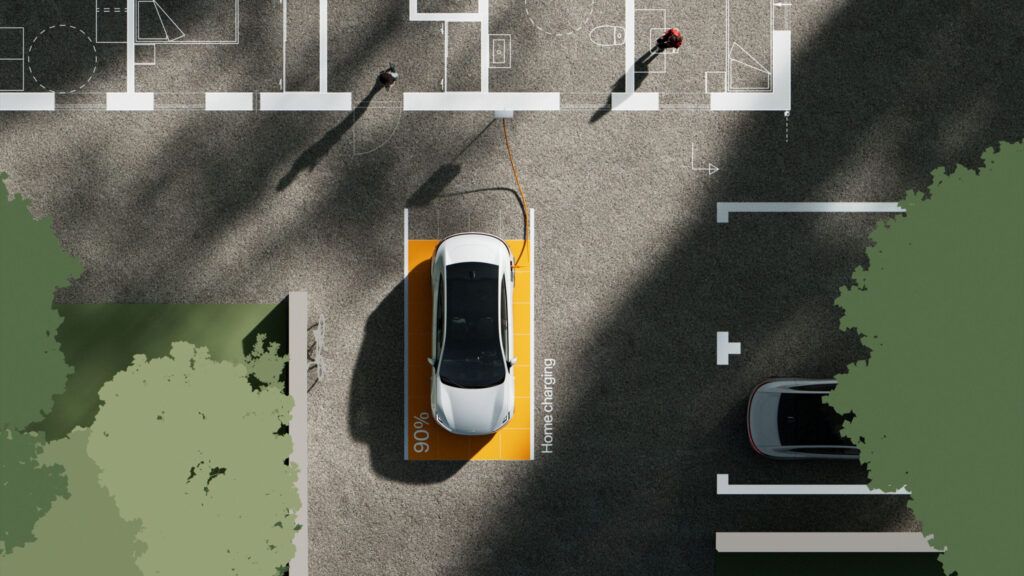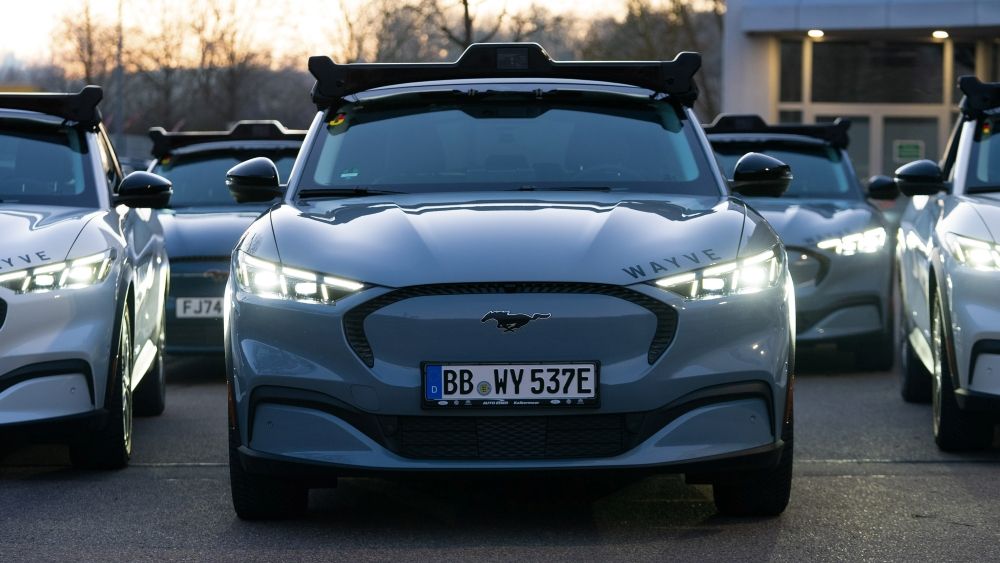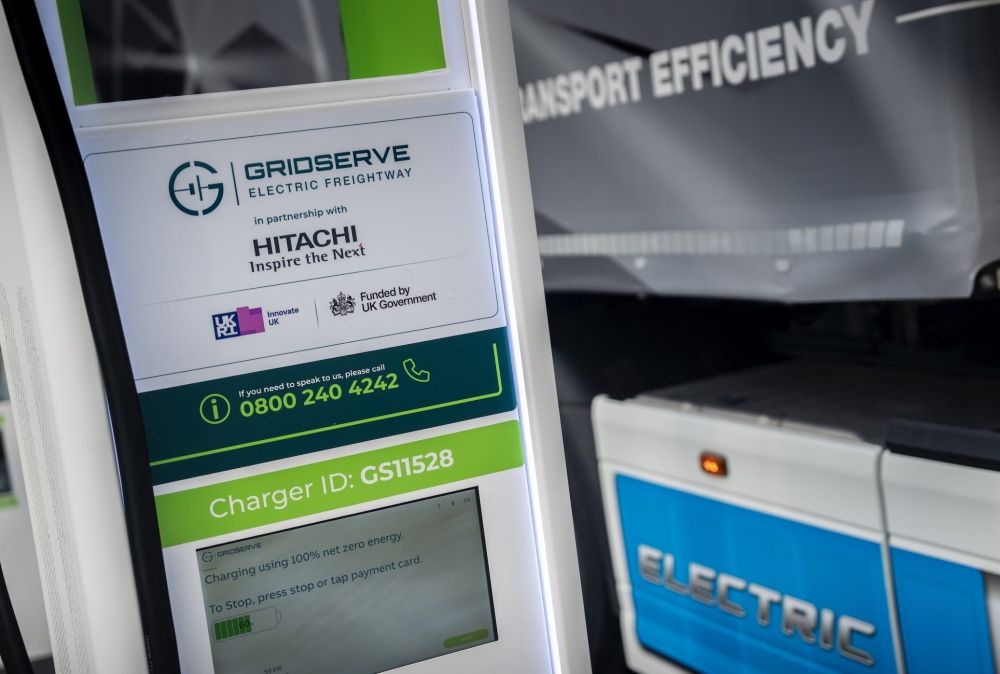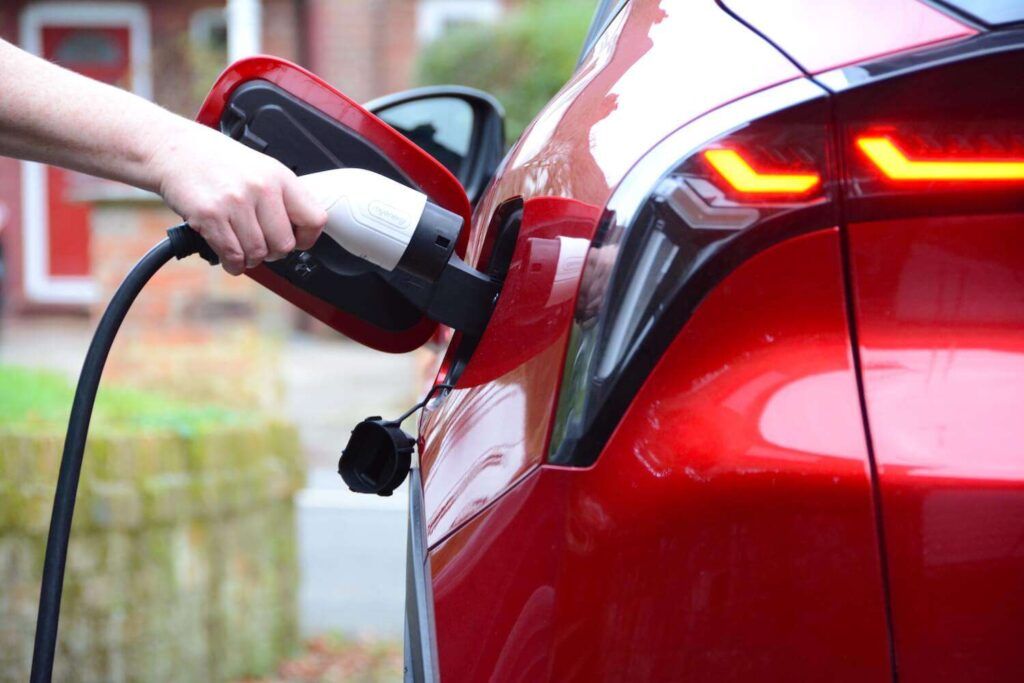Aqua superPower has revealed bidirectional charging technology at the University of Plymouth, marking a demonstration debut of Virtual Bunkering for Electric Vessels (VBEV).
The showcase of the technology represented an important step towards the widescale adoption of electric boats, supported by Vessel-to-Grid infrastructure.
Bidirectional charging enables electric boats to charge efficiently and for boat owners to discharge their batteries and return surplus energy to the grid when the boats are not in use.
The capability could help reduce energy costs, optimises battery health, and generate income for boat owners by selling energy back to the grid, Aqua superPower said.
The project aims to address the challenge faced by harbours and marinas of providing sufficient power at affordable prices without the need for costly grid upgrades.
The VBEV project also focusses on making vessel-to-grid technology affordable and efficient for maritime infrastructure managers, reducing the need for expensive infrastructure changes, and facilitating the transition to zero-emissions.
Aqua superPower leads the VBEV project, in collaboration with energy company EDF, software firm Fuuse, researchers CENEX, the University of Plymouth, City College Plymouth, and electric vessel manufacturer RS Electric Boats.
The demonstration featured an RS Pulse 63, a fully electric RIB, supplied by VBEV project partner RS Electric Boats. Using this technology has enabled the next steps for Aqua superPower to deploy commercially viable vessel-backed EV charging in partnership with other OEMs.
The University of Plymouth’s research into battery degradation reveals early findings suggesting that V2G technology, when properly configured, could enhance battery health. EDF is exploring the large-scale potential of V2G technology in maritime settings. Cenex looked at the potential for V2G across different vessel types and City College Plymouth is creating educational resources for students to gain expertise in installing marine charging infrastructure.
Adam Marshall, Chief Technology Officer of Aqua superPower, said:
“The technology, which mirrors systems used in the automotive sector, is now adapted for the maritime industry via VBEV, positioning the marine sector at the forefront of green innovation. Today’s demonstration, in front of key industry stakeholders, represents a monumental step forward for Aqua superPower, our partners and the UK’s progress toward a greener future.”
Alex Newton-Southon, Managing Director of RS Electric Boats, said:
“This technology lays the foundation for the widespread adoption of zero-emission boats, proving that they are a viable, environmentally sustainable choice for the marine industry. RS Electric Boats is proud to be part of the VBEV project, and to see years of hard work and innovation come to life in a way that benefits both the sector and the planet.”
Image courtesy of Aqua superPower





